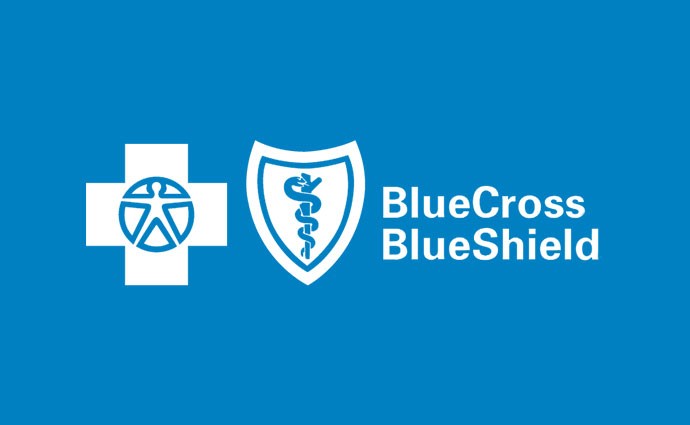Blue Cross Blue Shield Expands Benefits for Federal Employees
Blue Cross Blue Shield made changes to its federal employee healthcare coverage with the goal of reducing costs for members.

Source: Blue Cross Blue Shield logo
- Members of Blue Cross Blue Shield’s Federal Employees Health Benefits (FEHB) Program and Federal Employees Dental and Vision Insurance Program (FEDVIP) will have lower premiums for dental and vision benefits in 2023, the payer announced.
The changes will go into effect on January 1, 2023.
"This year more than ever, we know everyone is keeping an eye on their health care budget," William A. Breskin, senior vice president of government programs for the Blue Cross Blue Shield Association, said in the press release.
"That's why we've added new benefits and have enhanced our resources to help current and prospective members get the care they need and deserve, including tools that help them find the right coverage plan and help them find the most affordable care and prescriptions."
FEHB and FEDVIP programs are part of Blue Cross Blue Shield’s Government-wide Service Benefit Plan—or the Federal Employee Program (FEP). FEHB and FEDVIP both serve federal employees and annuitants. FEHB also serves their family members. FEDVIP additionally serves active-duty family members and certain retired uniformed service members.
FEP members will have access to better prenatal and postpartum care support, including services such as regular blood pressure monitoring. Members can get a blood pressure monitor without out-of-pocket healthcare spending.
Obesity treatments will also be included under FEP coverage in 2023. This includes specific weight loss drugs. The payer decreased its bariatric surgery eligibility age from 18 to 16.
With federal employees working in nearly 160 countries, FEP decided to expand its overseas coverage. FEP will waive deductibles for federal employees when they require healthcare services in another country. Moreover, the payer will cover dental work at the in-network level for dental procedures that occur in other countries through BCBS FEP Dental.
The payer anticipated that these steps to increase overseas coverage would lower members’ out-of-pocket healthcare spending.
Blue Cross Blue Shield also expanded its coverage for children’s dental work, covering basic, intermediate, and major services that are delivered by in-network providers.
The payer also extended vision benefits by increasing the frame allowance for high and standard option members when they go to MyEyeDr. Additionally, standard option members will have a higher allowance for contact lenses.
The announcement comes a little more than a month before the federal benefits open season, which runs from November 14, 2022 through December 12, 2022.
In the past, enrollment in federal health plans has been stunted due to the member experience of open season. An Alliance of Community Health Plans issue brief found that the Office of Personnel Management could achieve more than 75 percent of federal and retired federal employees enrolled in a health plan if they redesigned the plan comparison tool.
But expanded benefits are also important for attracting members, particularly in light of the Great Resignation. Studies have demonstrated that employees are most aware of health benefits like medical coverage, paid sick leave, dental coverage, and vision coverage.
Plans that keep out-of-pocket healthcare spending low is also a big draw for employees, due to the rising costs of healthcare. In the Medicare Advantage marketplace, the inflation rate was named by a couple of major payers as the reason for certain benefit changes that aimed at lowering costs.
